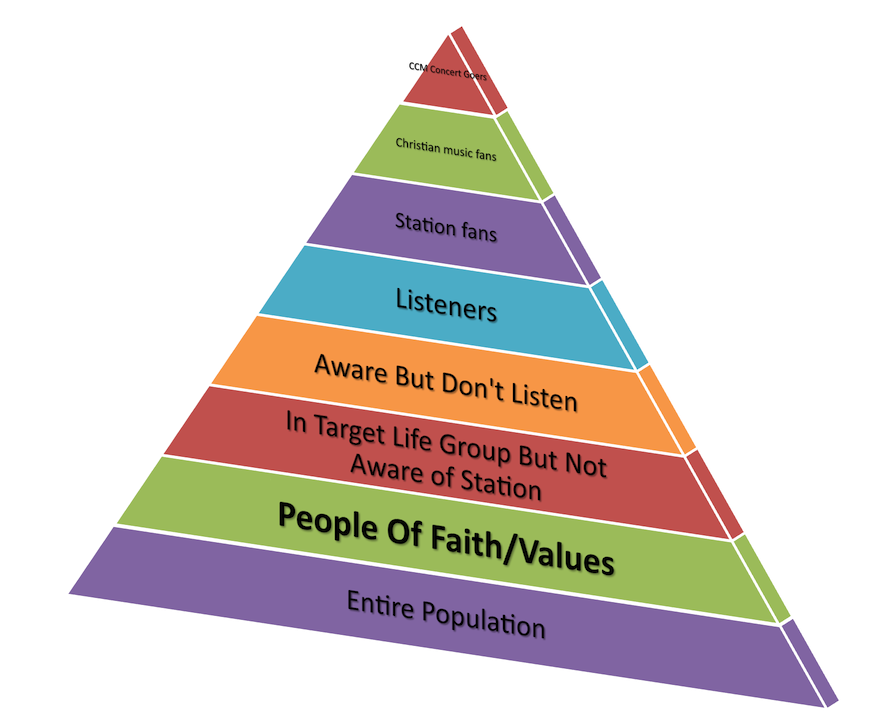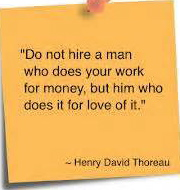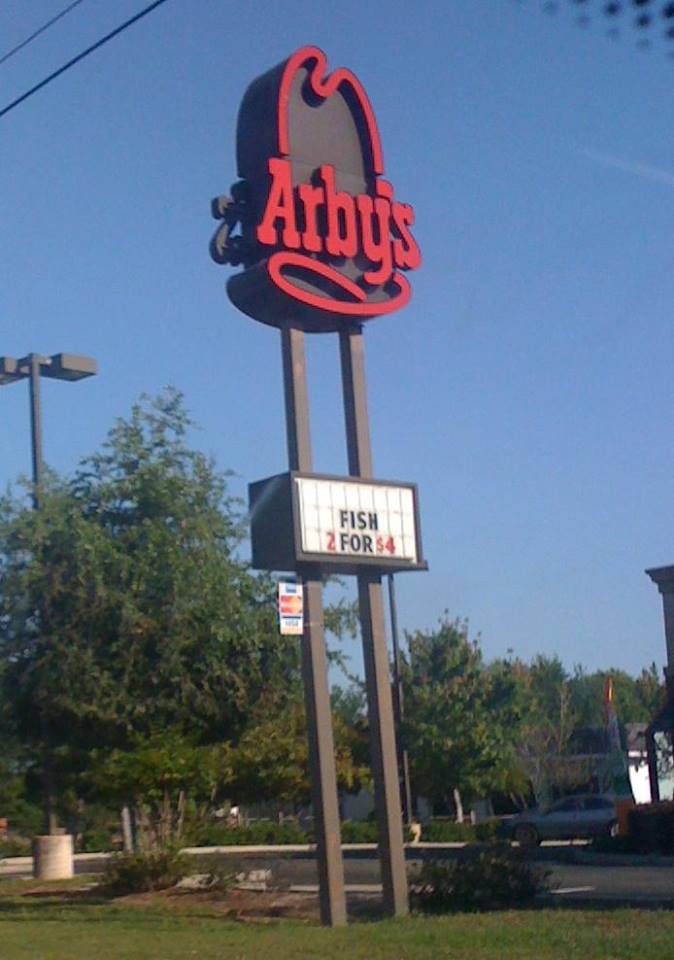You can’t be your best if you aren’t on the air. Let me tell you a story.
I got an aircheck some months ago from a female talent who had recently been let go from a rock station in a major market, and she wanted me to give it a listen and see if it gave her a good chance to be hired as she searched for the next job.
It didn’t. It started with a “here is my aircheck” narration, which just meant that it took even more time to get to her work. And as for the work itself, even though there were a couple of good things on it, the demo seemed like she went out of her way to be “attitudinal” and included a couple of pretty coarse bits. Not exactly the way to make the best impression.
Also, her resume was “padded” with things like a paragraph with the heading “fulfillment of work week.” (Whatever that means. My eyes were glazing over as I read it.) Now I know this young woman, and she really is a good talent, but what was on her demo was unlikely to get her the results she wanted.
So here’s a short “do and don’t” list for your demo:
(1) Start with your best stuff. Don’t make me wait for it. I’ve seen way too many PD’s listen to a demo for about 40 seconds, and if something doesn’t grab them, they just toss it (or delete it).
(2) List your last three jobs on your resume, no more. I don’t care where you interned, when your duties included “scheduling of guests for Public Affairs interview show.” If I want more info, I’ll ask for it when I call you.
(3) Don’t try to shock me, impress me with some celebrity interview, or do some generic “topic and phone call” bit that everyone has heard before. What any really good PD is looking for is what you do that nobody else does. And remember that attitude is not a substitute for Content.
(4) This is really important. The PD has to get someone else to sign off on hiring you. Make it easy. No PD is going to tell his GM or National PD “Yes, she only wears beekeepers’ outfits and army boots, and she has Tourette’s Syndrome, so we’ll need a seven-second delay, but I think she’d be terrific on middays.”
Seriously, all you want to do is show your talent, your heart, and your work ethic.
– – – – – – –
Tommy Kramer
Talent Coach
214-632-3090 (iPhone)
e-mail: coachtommykramer@gmail.com
Member, Texas Radio Hall of Fame
© 2015 by Tommy Kramer. All rights reserved.




